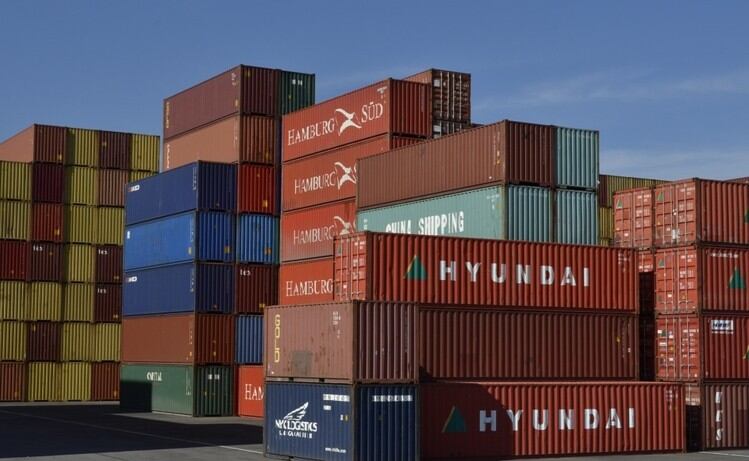The latest figures from the Office of National Statistics revealed exports were up 23% to £20.2bn from £16.3bn last October.
While the growth was partly due to inflation, it mostly reflected the increase in demand for UK food and drink produce overseas that has accelerated since April, especially in the US and Asian markets.
Stuart McCallum, RSM UK’s head of food and drink, said the export growth was welcome news for the sector, but warned there was likely to be a downward trend going into the first quarter of 2023.
Continued uncertainty
“This is due to the ongoing uncertainty surrounding energy costs, as energy-intensive food and drink manufacturers are more significantly impacted by the energy crisis,” McCallum explained.
“As such, clarity is needed from the government beyond April 2023 to bring down food and drink prices and avoid passing down inflationary costs to consumers. Manufacturers are doing their best and are acutely aware of the cost-of-living crisis, but they’ve been grappling with squeezed margins for two years and currently they don’t have the capability to do anything other than increase their prices.”
The fact that UK food and drink exports remained in such high demand flew in the face of inflation hitting a 42-year high last month and labour shortages still crippling production. Exports were further boosted by the expansion of non-European markets.
Challenges ahead
“But there are major challenges ahead due to the UK’s reliance on importing raw materials, with import levels increasing 30% on the previous year,” McCallum continued. “This indicates that we have work to do in terms of becoming more self-sufficient and adopting a more sustainable approach to consumption, which could be alleviated by introducing seasonal policies surrounding EU migrant labour.
“With the food and drink sector likely to contract in 2023, such policies would revitalise food and drink production of raw materials and reduce the UK’s reliance on imports in favour of seasonal, local and sustainable alternatives.”
Meanwhile, the EU’s proposed trade deal with Australia in the Spring threatens to undermine UK exports, but Welsh meat could play a part in supporting future export strategy, according to the European Centre for International Political Economy.




